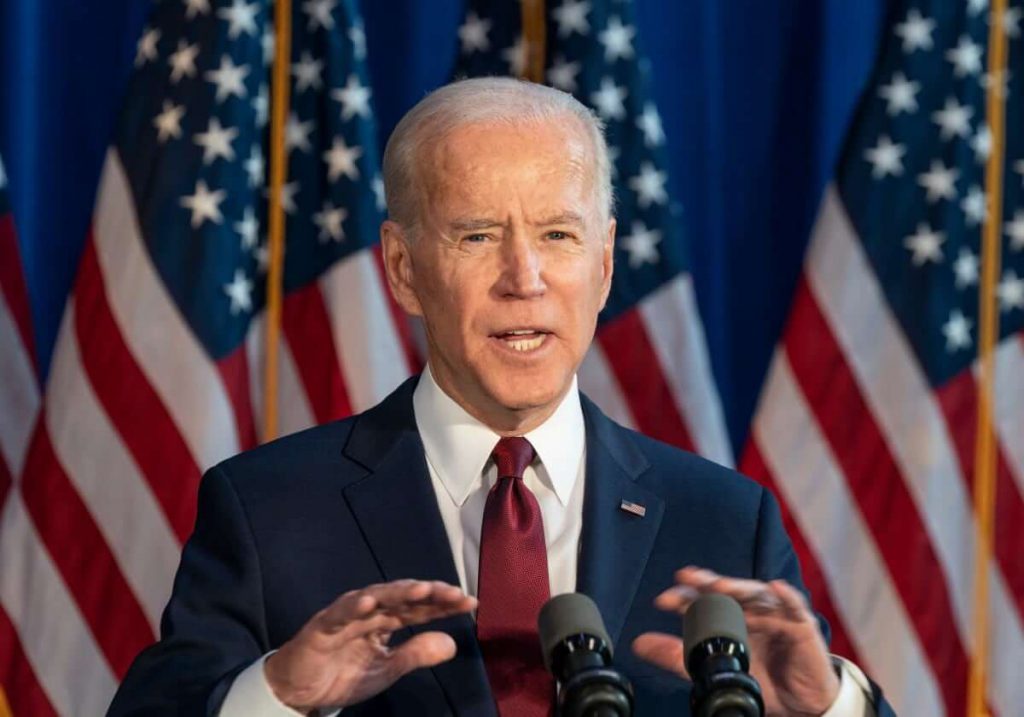
How Biden Plans to Eliminate CO2 Emissions
President Joe Biden understands the importance of climate change. On Wednesday, President Biden signed an executive order outlining a sweeping plan for the federal government to achieve carbon neutrality by 2050. As part of Biden’s plan, the government would spend billions of dollars to purchase electric vehicles. The federal government would upgrade federal buildings and leverage the power of the government to shift to cleaner forms of electricity.
The government would stop purchasing gas-powered passenger cars in several years, more precisely in 2027. Still, the country’s government would only achieve 100% electric vehicle purchases by 2035.
President Biden’s order would direct the federal government to reduce its greenhouse gas emissions by 65% by the end of the decade. Biden wants the government to eliminate CO2 emissions by 2050.
Biden and climate change
Biden’s plan regarding CO2 emissions is crucial. Especially since the U.S. is the second-largest producer of greenhouse gases globally.
The executive order represents the fulfillment of a promise Biden made on the campaign trail to swap government fleet vehicles with American-made EVs when it comes to electric vehicles.
Another purpose of Joe Biden’s plan is to spur the mass adoption of electric vehicles by offering generous tax incentives.
The federal government operated 657,506 vehicles as of 2020. Last year, despite the pandemic, those vehicles traveled 4.16 billion miles.
His plan represents a validation for the EV investments made by automakers over the last couple of years. Ford decided to spend $29 billion on new EVs. Another automaker, GM, plans to spend $35 billion on electric and autonomous vehicles in the next several years.
Biden should be proud of his decision. However, it won’t be easy to achieve the government’s electric vehicle goals. Companies will need to overcome delays related to the semiconductor shortage and install enough charging stations to make EVs more practical.


